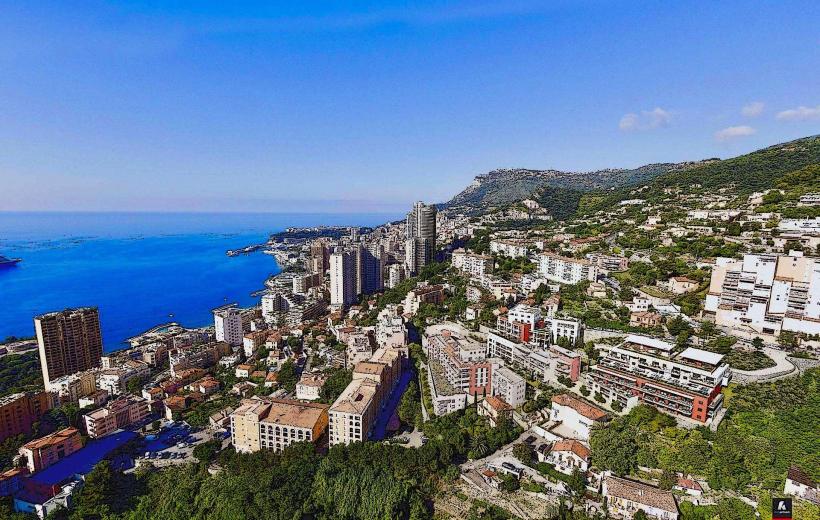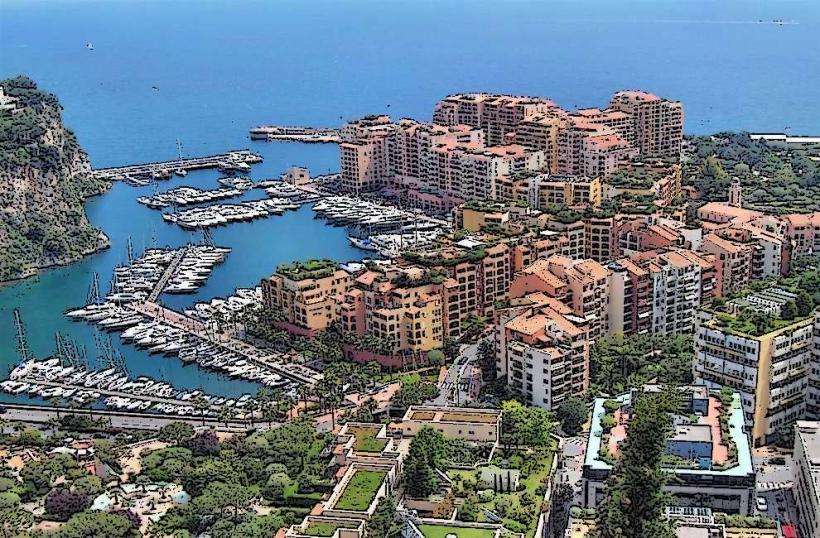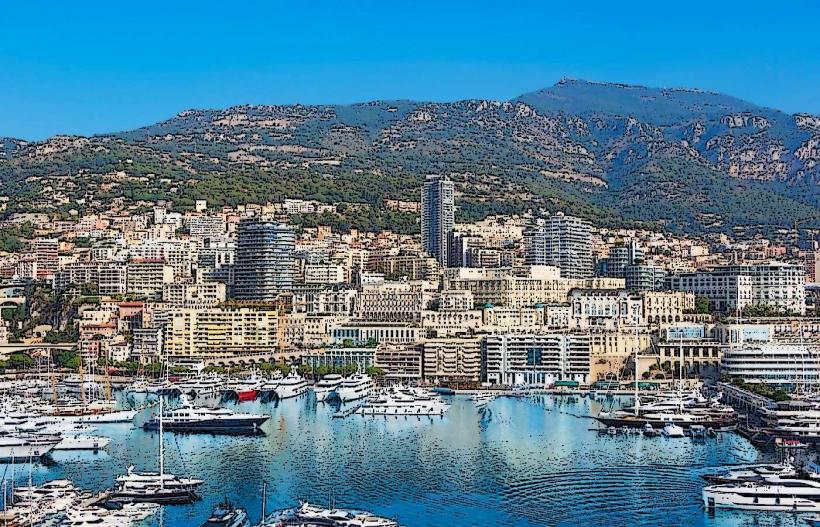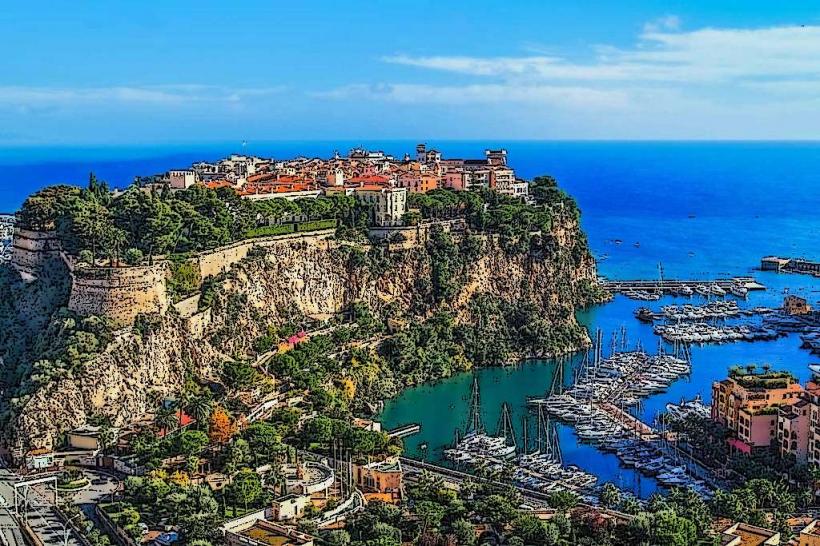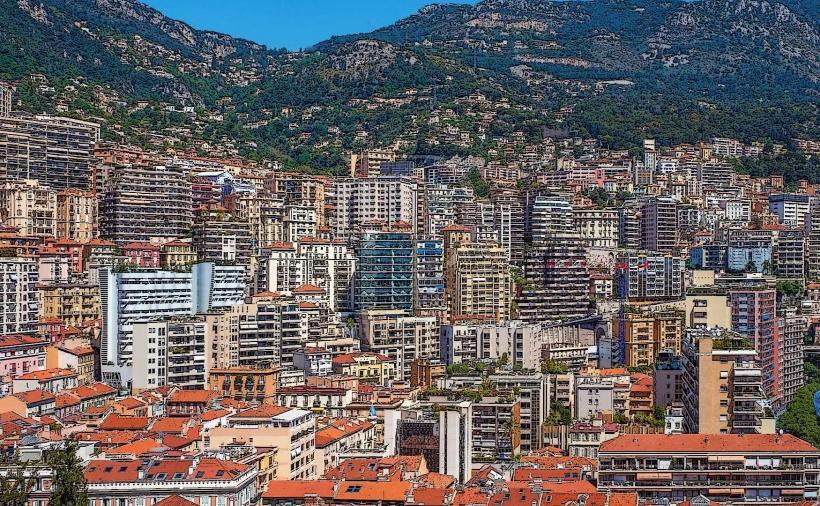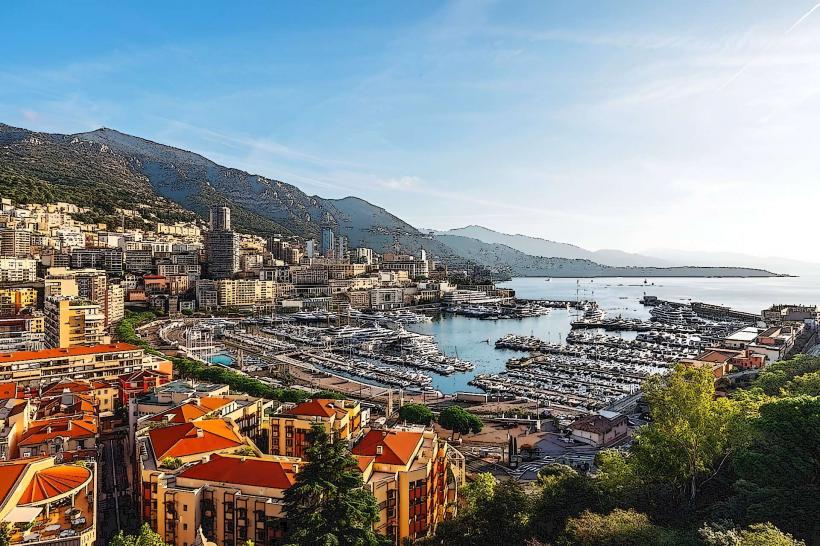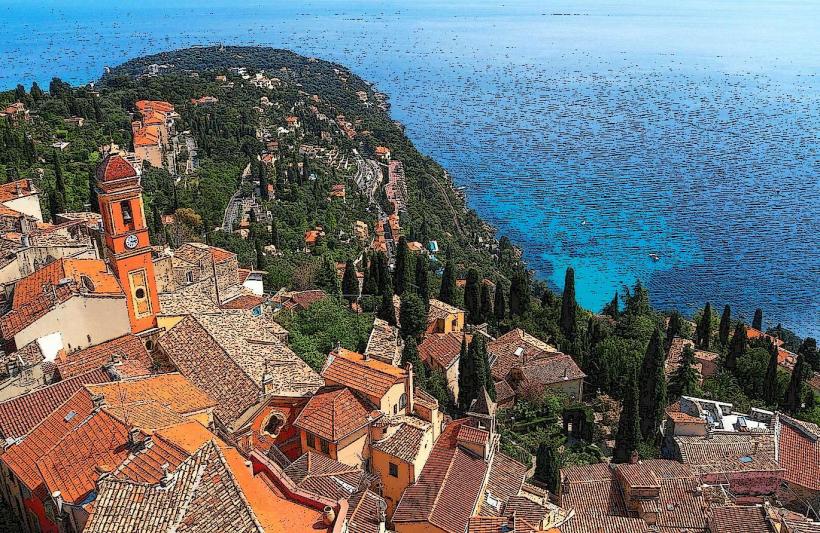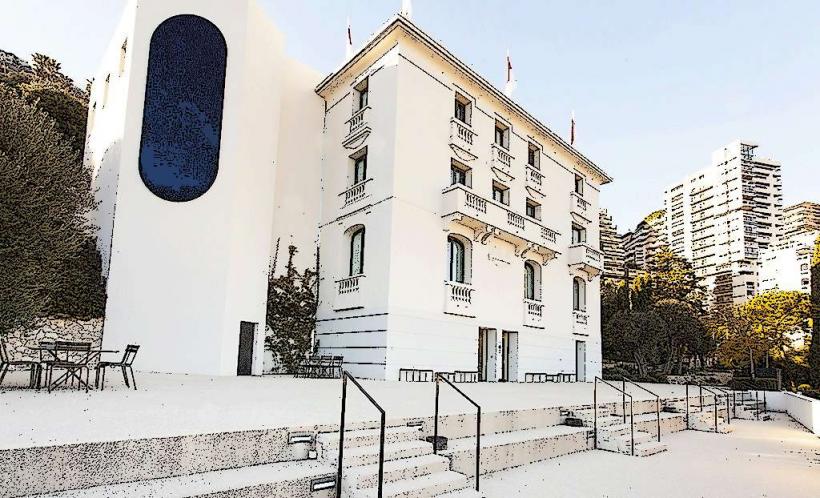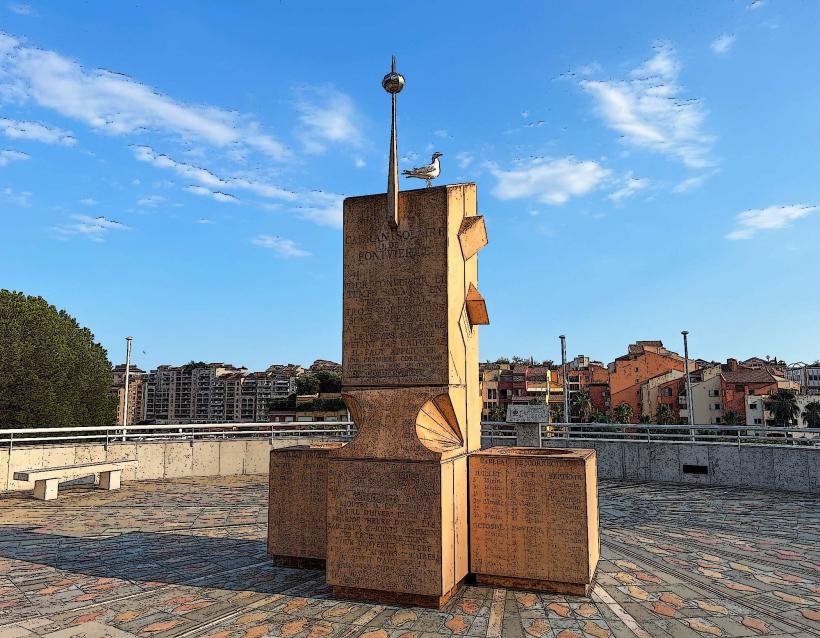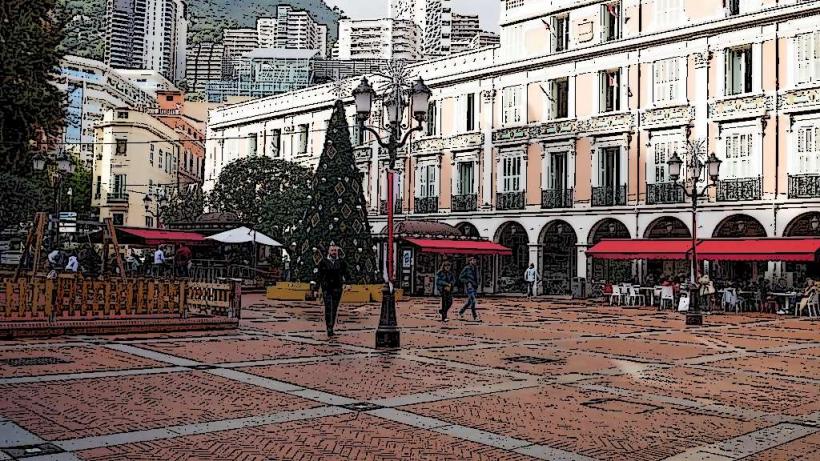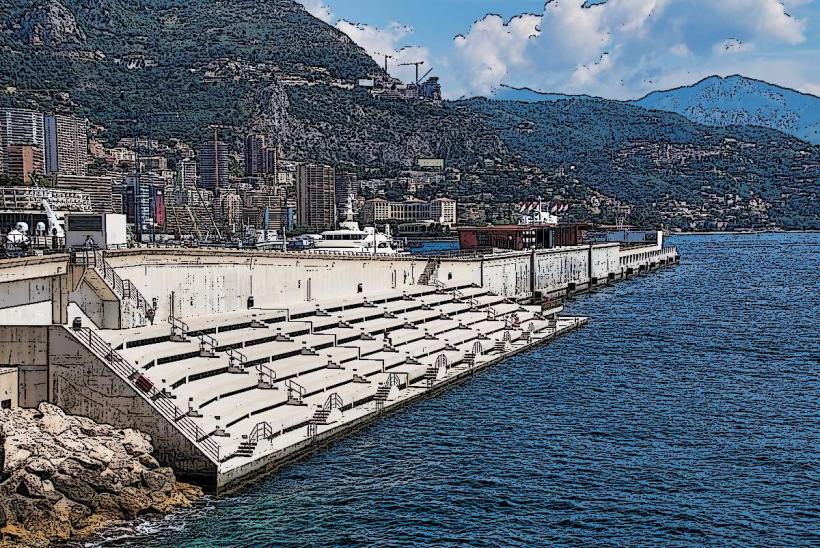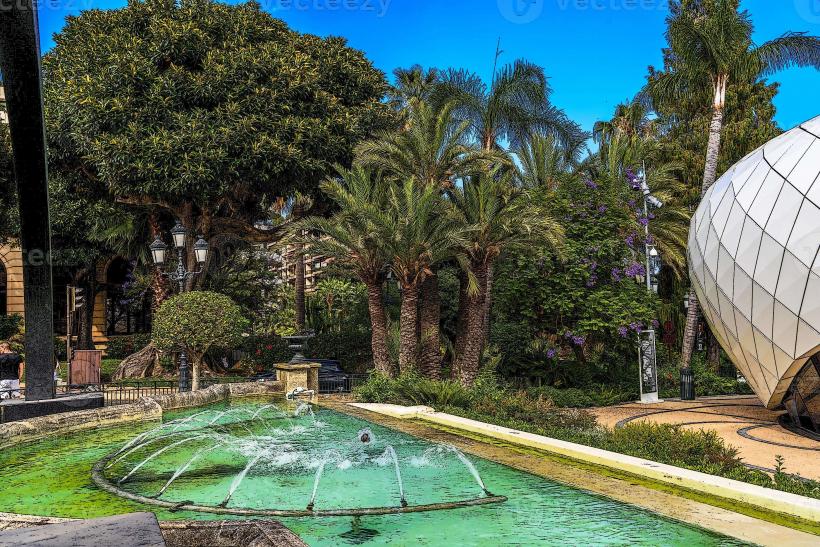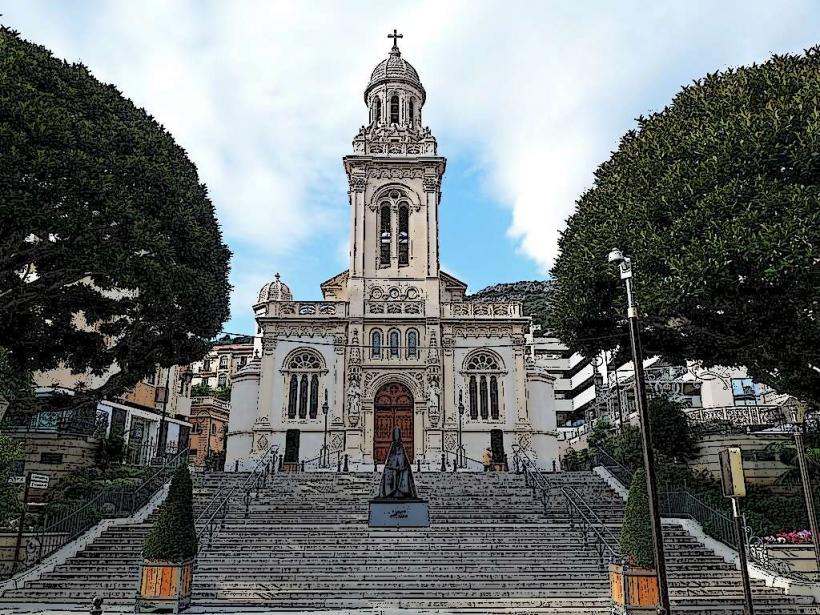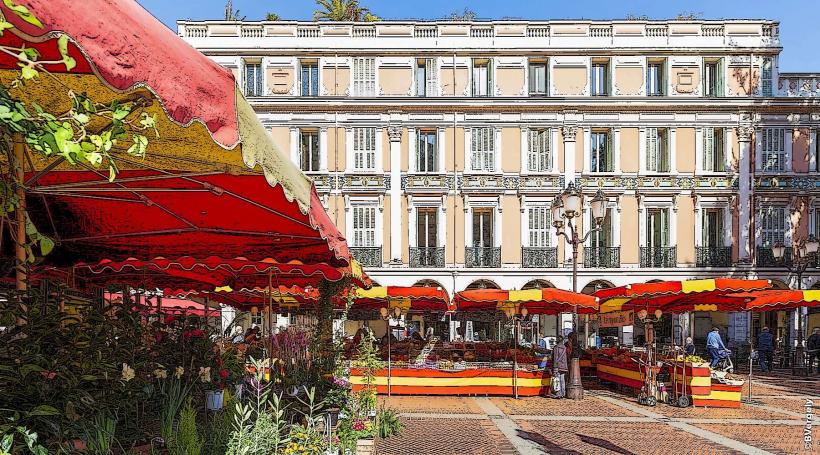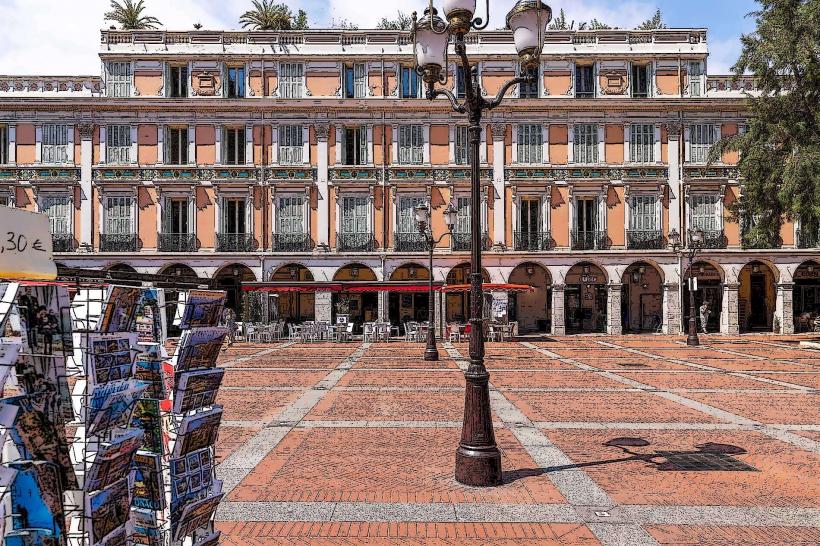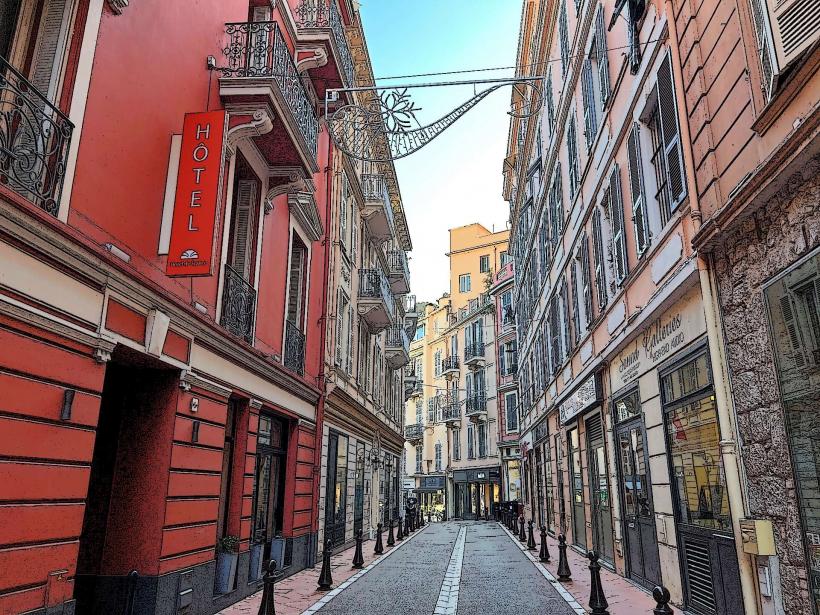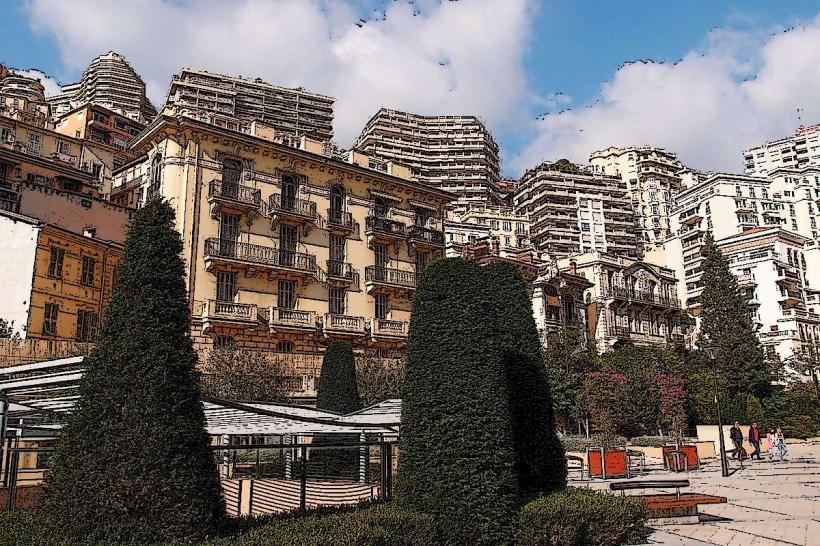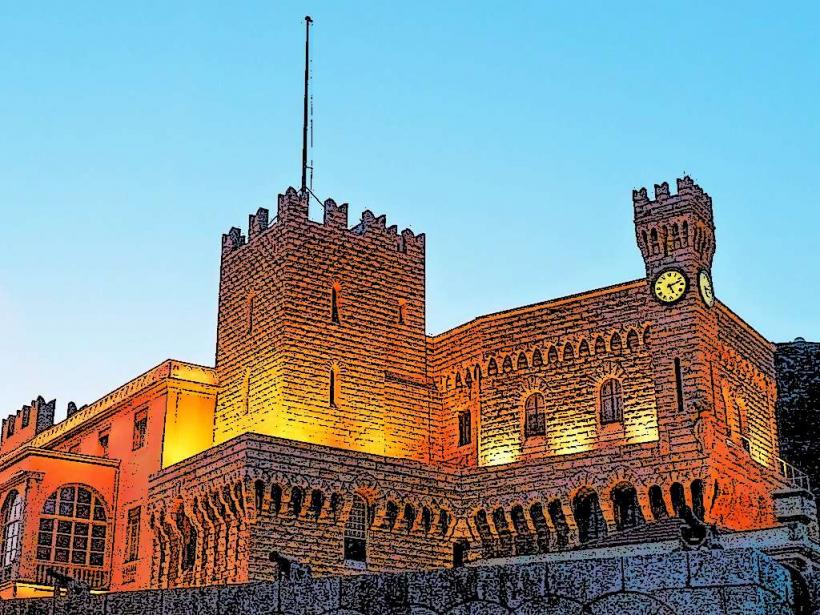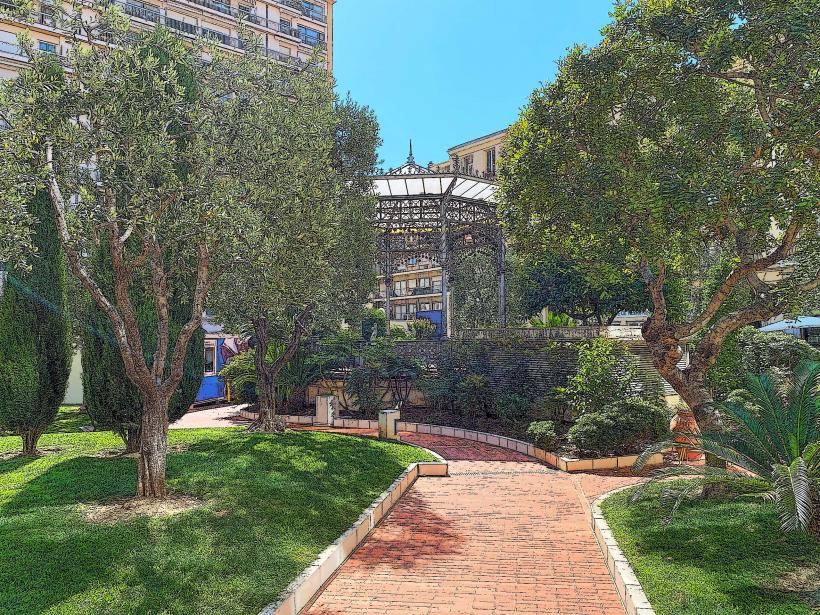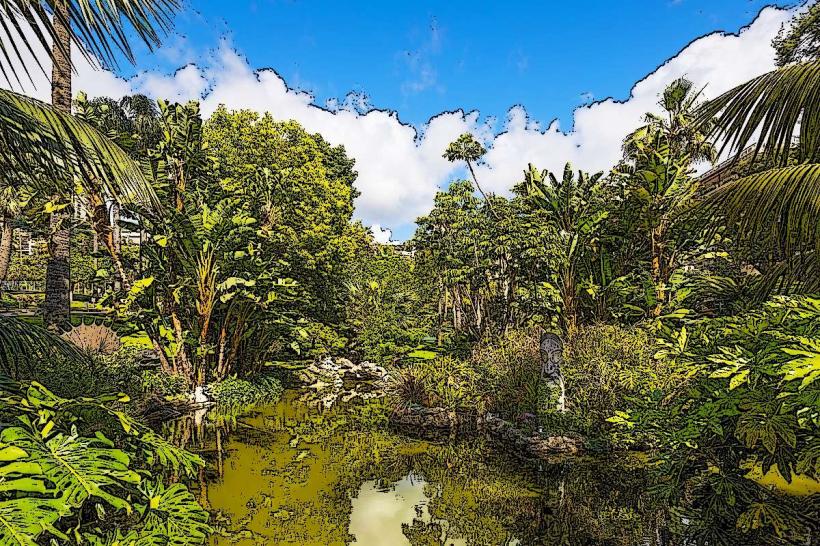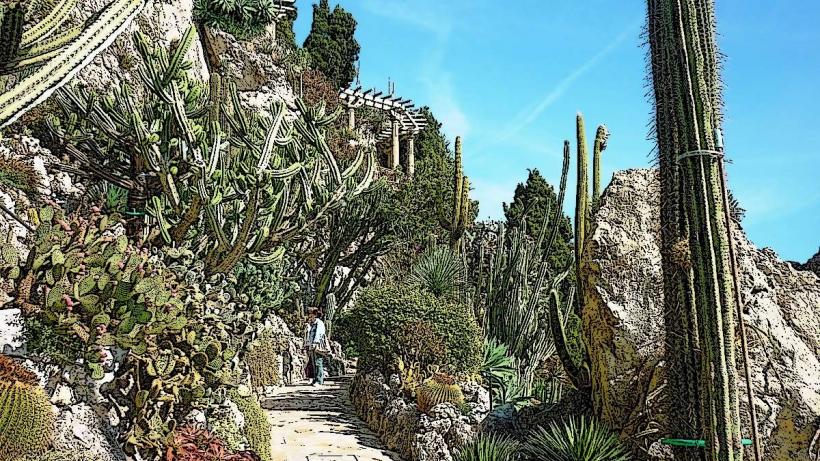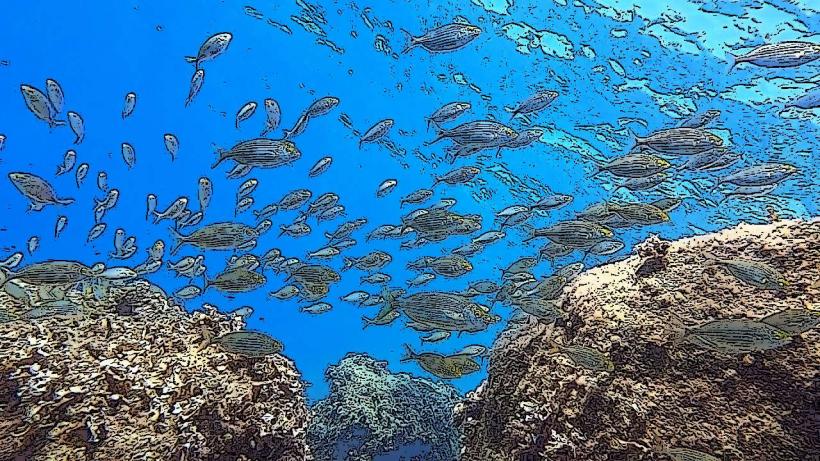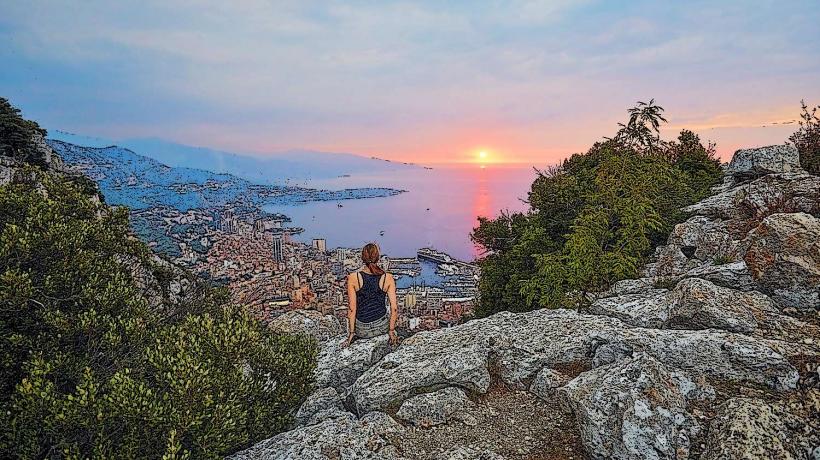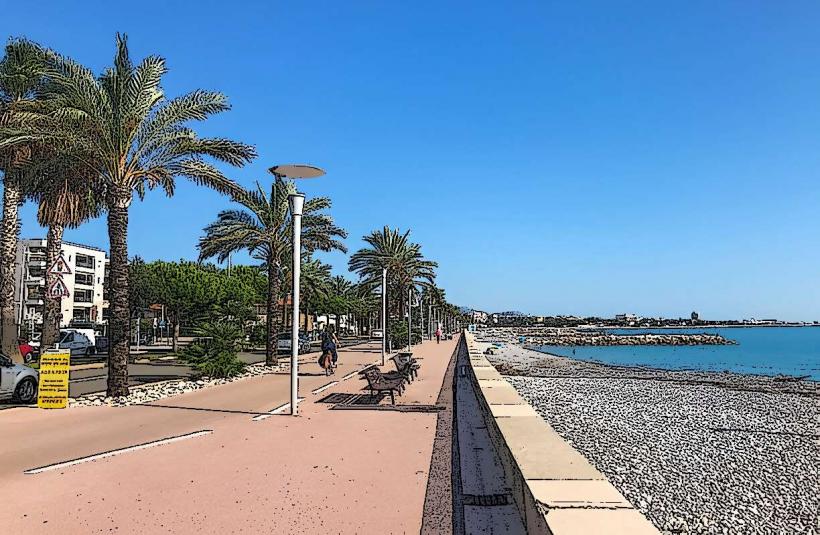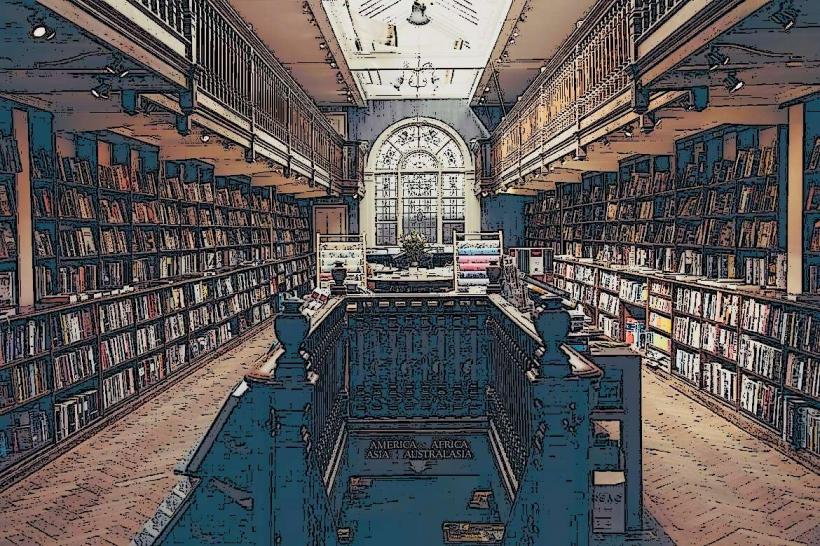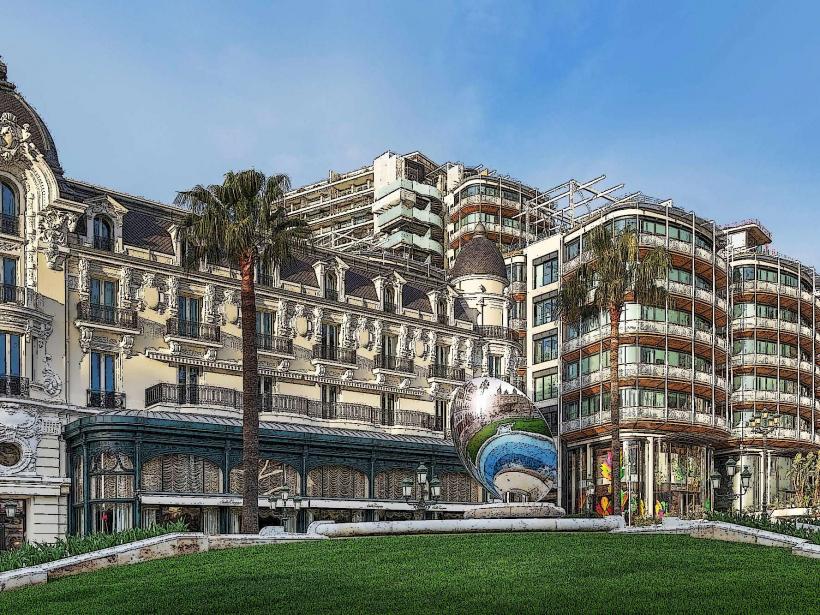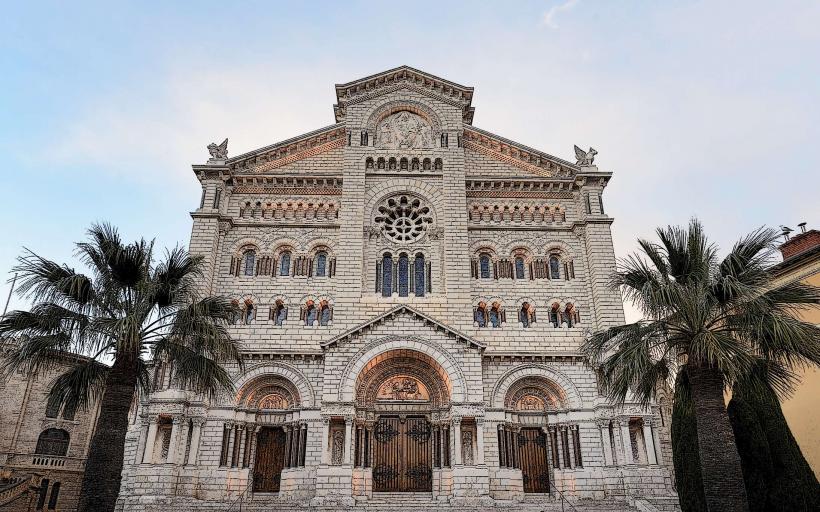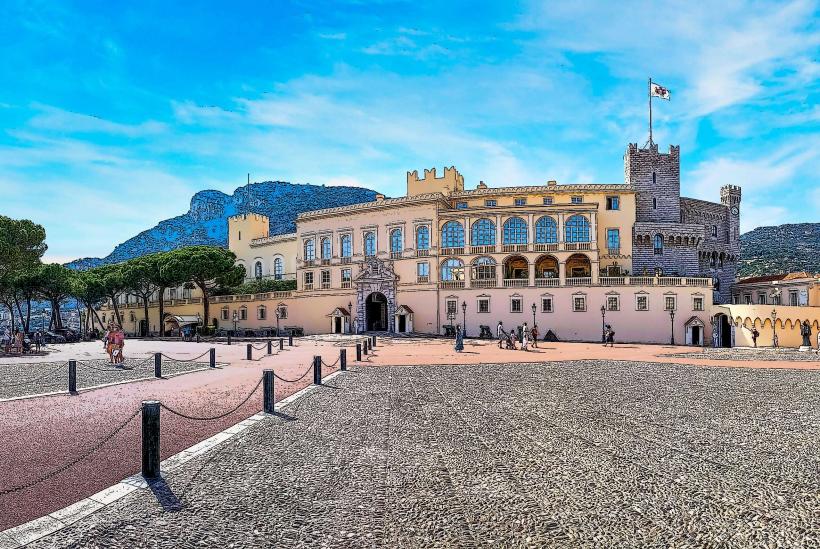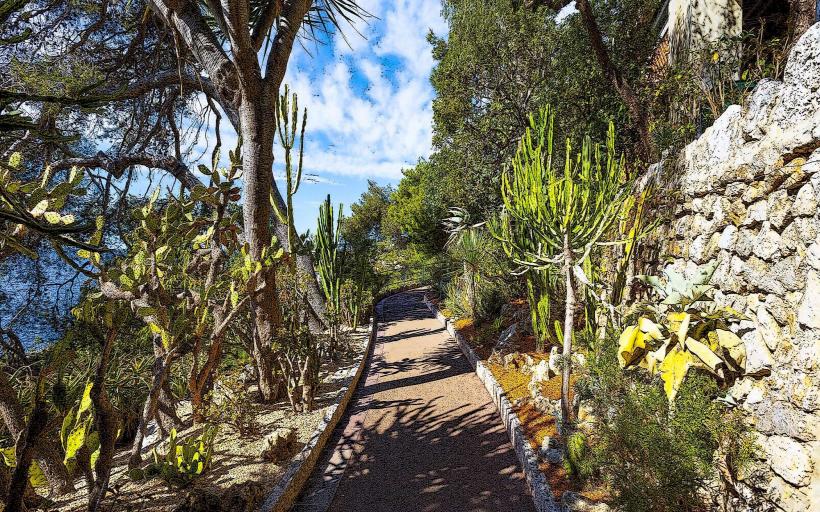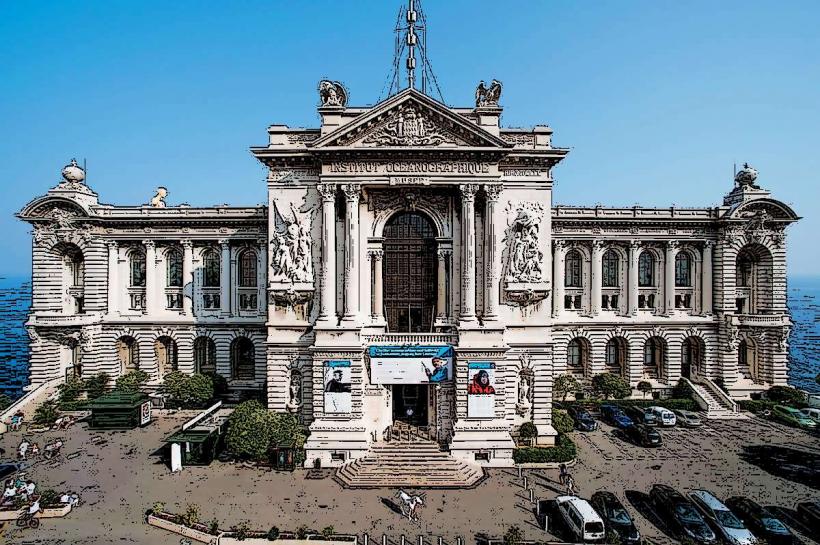Information
Country: MonacoContinent: Europe
Monaco, Europe
Monaco is a sovereign city-state located on the French Riviera in Western Europe, bordered by France on three sides and the Mediterranean Sea to the south. It is defined by its status as a global financial center and tax haven with a specialized economy driven by tourism, gambling, and luxury real estate, with Monaco (alternatively identified by its primary district, Monte Carlo) serving as the capital city.
Visa & Entry Policy
Monaco is not a member of the European Union but is part of the Schengen Area via its customs union with France. Citizens of the EU, US, UK, Canada, and Australia do not require a visa for stays up to 90 days. Under 2026 regulations, visa-exempt non-EU citizens must obtain ETIAS authorization before entering through French or Italian territory. There are no border controls between France and Monaco, though a valid passport is required for entry into the surrounding Schengen zone.
Language & Communication
The official language is French. English and Italian are both spoken with High proficiency due to the large expatriate population and the requirements of the luxury service sector. Monégasque, a Gallo-Italic dialect, is the traditional national language and is taught in local schools to preserve cultural heritage.
Currency & Payment Systems
The official currency is the Euro (EUR). Monaco is highly modernized; tap-to-pay and credit card transactions (Visa, Mastercard, American Express) are universal across all sectors. While cash is accepted, it is rarely required except for minimal transactions in small shops. ATMs are densely distributed throughout all districts, particularly in Monte Carlo and La Condamine.
National Transport Grid
The country lacks a domestic airport; the nearest international hub is Nice Côte d’Azur (NCE) in France. Transit between districts is facilitated by the Compagnie des Autobus de Monaco (CAM), which operates six urban lines. The Monaco-Monte-Carlo railway station is entirely underground and provides high-frequency regional (TER) and international (TGV) links to France and Italy. A seasonal "Bateaubus" (electric boat) crosses Port Hercules to connect the Old Town with Monte Carlo.
Digital Infrastructure
Monaco Telecom is the sole domestic provider for fixed and mobile services. The principality was the first in the world to achieve 100% 5G coverage in 2019. Public Wi-Fi (Monaco WiFi) is widely available in tourist areas, and fiber-optic connectivity is standard for all residential and commercial buildings.
Climate & Seasonality
Monaco has a hot-summer Mediterranean climate. Summers (June–August) are dry and warm, with temperatures rarely exceeding 30°C due to sea breezes. Winters (December–February) are mild and humid, with temperatures averaging 10°C to 15°C. The wettest months are October and November, while July is the driest.
Health & Safety
There are no mandatory vaccinations for travelers. The principality has one of the highest police-to-population ratios globally, resulting in exceptionally low crime rates. For medical emergencies, the number is 144 (Ambulance) or 18 (Fire/Rescue); the Police emergency line is 17, and the European-wide emergency number 112 is fully operational.
Top 3 Major Regions & Cities
Monaco-Ville (The Rock): The medieval heart containing the Prince's Palace and the Oceanographic Museum; primary hub is The Rock.
Monte Carlo: The district synonymous with luxury, high-stakes gambling, and the Grand Prix circuit; primary hub is Place du Casino.
Fontvieille: A district largely built on reclaimed land, hosting the national stadium and the heliport; primary hub is Port de Fontvieille.
Local Cost Index
1L Bottled Water: 5.00 EUR ($5.45)
1 Domestic Beer (0.5L): 8.00 EUR ($8.75)
1 Sim Card (10GB Data): 35.00 EUR ($38.20)
Facts & Legends
The Grimaldi dynasty's rule began in 1297 when Francesco Grimaldi, known as "The Cunning," disguised himself as a Franciscan monk to gain entry into the fortress on the Rock of Monaco. Once inside, he and his men neutralized the guards and seized the territory. To this day, the Monegasque coat of arms features two monks brandishing swords to commemorate this founding deception.

